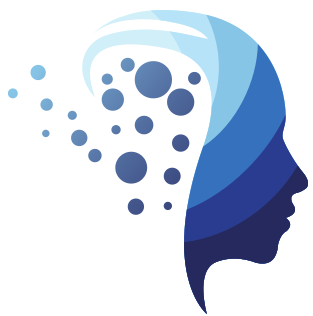Eating Disorders
Eating Disorders
What are Eating Disorders?
When a patient suffers from eating disorders has serious underlying problems that must be analyzed. Behavior of overeating, not eating enough, eating eagerly, compulsively ... reflect problems of anxiety, stress, excessive concern about body, health, insecurity, low self-esteem ... < . anorexia nervosa, - br>
Within this group anorexia nervosa, bulimia nervosa and binge eating disorder
are included it can be defined as that eating disorder whose origin is neurotic. It is characterized by the rejection of any type of food. Often accompanied by vomiting caused
-. Bulimia Nervosa, can be defined as, that eating disorder whose origin is neurotic. Is characterized by compulsive food intake followed by guilt, discomfort, embarrassment .... with provocation of vomiting, to lessen these feelings
-. Binge eating < / b> can be defined as that condition in which we consume large amounts of food compulsively
Anorexia Nervosa: patient with Anorexia Nervosa presents the following symptoms: Bulimia Nervosa: The patient with Bulimia Nervosa has the following symptoms: excessive food intake . guilt. Unleashing vomiting. distorted body image. biochemical alterations in blood. < . br> Lack of calcium Anxiety high Before starting the therapeutic approach is very important to know the medical history of the patient to identify factors that could participate in the development of the eating disorder. the second point on which work would be conducting questionnaires to establish the detectors. once detected factors and detectors the name of the eating disorder is identified in these types of therapies is required different approaches. In some cases, patients' lives may be in danger and their intervention is necessary. Since we want to lead you Athena Clinic and help in acquiring guidelines and strategies to confront eating disorders. prevention programs are needed to prevent the development and / or impact of such diseases. from Clinic Athena will be happy to help you better understand the symptoms and to anticipate its development.
Binge Eating Disorder. patients with Binge Eating Disorder presents the following symptoms .
< li> They feel depressed.
How do we work?
<. / li>

Make and apointment with a Psychologist in Mallorca
© 2026 - ATENEA - PSYCHOLOGY CLINIC IN MALLORCA. ALL RIGHTS RESERVED.
Cookies policy -Legal warning - Privacy Policy
